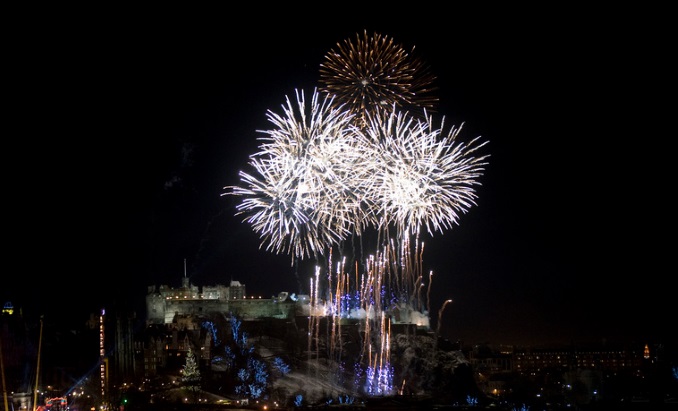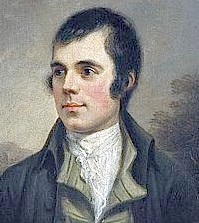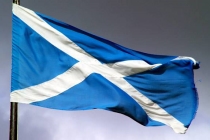Auld Lang Syne - The Song That Welcomes New Year

'Auld Lang Syne' is the song traditionally sung at midnight on New Year’s Eve. Known as Hogmanay in Scotland the name is derived from a Goidelic Celtic linguistic root.

The song is a Scottish poem by Robert Burns, also known as Robbie or Rabbie Burns (25 January 1759 – 12 July 1796) Scotland’s national poet. It is set to the music of a traditional Scottish folk tune.
Robert Burns was born in the village of Alloway (Scottish Gaelic: Allmhaigh) in South Ayrshire (Scottish Gaelic: Siorrachd Inbhir Àir a Deas). He died at the age of 37 and his Mausoleum is at St Michael’s churchyard in Dumfries (Scottish Gaelic: Dùn Phris). The cottage in which he was born is now the Robert Burns Birthplace Museum.
Bliahdhna Mhath Ùr (Happy New Year)
Sláinte Mhaith (Good Health)!
Auld Lang Syne
Should auld acquaintance be forgot,
and never brought to mind?
Should auld acquaintance be forgot,
and auld lang syne?
CHORUS:
For auld lang syne, my jo,
for auld lang syne,
we’ll tak a cup o’ kindness yet,
for auld lang syne.
And surely ye’ll be your pint-stowp!
and surely I’ll be mine!
And we’ll tak a cup o’ kindness yet,
for auld lang syne.
CHORUS
We twa hae run about the braes,
and pu’d the gowans fine ;
But we’ve wander’d mony a weary fit,
sin auld lang syne.
CHORUS
We twa hae paidl’d i' the burn,
frae morning sun till dine;
But seas between us braid hae roar’d
sin auld lang syne.
CHORUS
And there’s a hand, my trusty fiere!
and gie's a hand o’ thin !
And we’ll tak a right gude-willy waught,
for auld lang syne.
CHORUS
- Scottish
- English
- Log in to post comments





